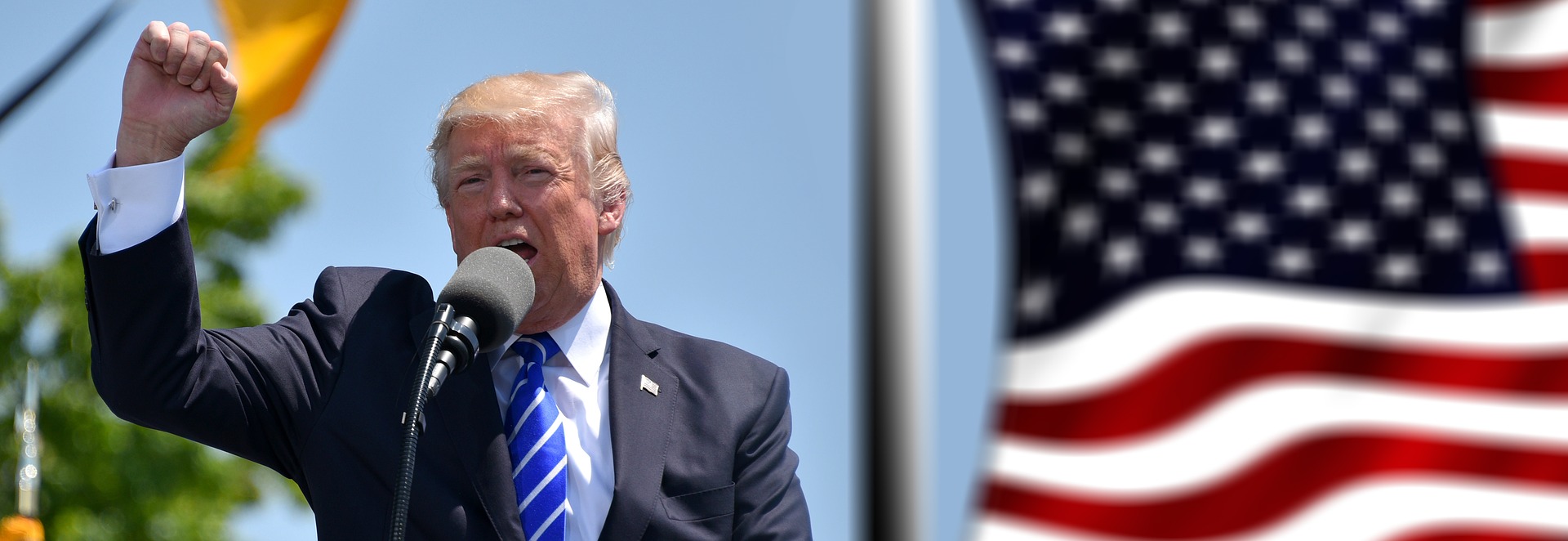Donald Trump is not alone in his frustration with the press. All presidents have their moments with the Fourth Estate. After being heckled with questions from the press during a photo op, President Ronald Reagan, for whom I was a longtime spokesman and speechwriter, had had enough. He whispered “sons of bitches” as the press was escorted from the room, but everyone heard him.
Like all of his predecessors and successors, Reagan could get mad at the press. He would fume about stories suggesting Nancy Reagan controlled things in the White House.
But unlike Trump, Reagan was neither afraid nor contemptuous of the press. He understood and respected reporters’ role, and happily went to the White House Correspondents’ Association’s annual dinners, where he was the subject of pointed barbs. Reagan knew that came with the territory, and laughed at jokes at his expense.
Skipping that annual dinner—when attending is a time-honored tradition by presidents of both parties—shows Trump’s contempt for, and fear of, the press. Some would argue that comedian Michelle Wolf’s sharp tongue validated Trump’s boycott, but it’s worth remembering that he declined the invitation before she spoke.
The Trumps’ pointed refusal to invite any reporters as guests to the State Dinner for the President of France is also a bad sign. This is also a time-honored tradition, based on the practical recognition that the president and press live essentially together. Inviting reporters as guests to state dinners sends a message to world leaders that, in our country, reporters are respected.
While both of those breaks with tradition stem from how disdainful and petrified Trump is of the press, they are relatively minor compared to a much more worrisome aspect of the Trump presidency: his refusal to hold a full-fledged press conference.
ICYMI: Mark Zuckerberg seems “genuinely peeved” during a recent interview
Some might blame the president’s handlers for this. Take it from me, most political communications aides don’t like subjecting their boss to unscripted examinations by the press. But Trump doesn’t always follow his staff’s advice, and it is such a break with tradition, that it is almost certainly Trump himself who doesn’t want to hold a real press conference.
An elected leader answering questions from a free press is part of what keeps him or her honest and the public informed. Being cross-examined by the press is as American as it gets.
Sure, he responds to questions yelled at him during photo ops, and even stops to take a few questions on his way to a waiting helicopter. He is on Twitter all the time, occasionally calls in to such friendly TV shows as Fox and Friends, and, every few weeks, answers a question or two from pre-selected sympathetic reporters during brief press availabilities with foreign leaders.
But none of those are the same as standing in the East Room or the Brady Press Briefing Room and subjecting himself to a true interrogation by the White House press corps.
An elected leader answering questions from a free press is part of what keeps him or her honest and the public informed. Being cross-examined by the press is as American as it gets. It does not happen in Moscow, Beijing, or Pyongyang.
All of Trump’s modern-day predecessors have done it. To date, Trump has held exactly one solo press conference, and that was more than a year ago. Compare that to how many his recent predecessors held in their first year in office (according to the American Presidency Project): Obama 7; George W. Bush 4; Clinton 11, George H. W. Bush 27; Reagan 6.
In the Reagan White House, press conferences were infrequent, but not because of any fear on Reagan’s part. Rather, it was we, the staff, who sought to limit access to him, for fear we might “lose control of messaging.” Reagan accepted that, but occasionally, would protest. Once, when then–Chief of Staff Donald Regan vetoed the idea of having Reagan appear before the press, the President complained loudly that, “Some people are afraid for me to open my mouth around here.”
Reagan never accused any reporter of intentionally fabricating a story. To him, it was Soviet leaders who were “fake” and “failing,” not American journalists.
Admittedly, presidential press conferences have drifted toward political theater, as some reporters try to come up with the “gotcha” question that will make them famous. But that does not diminish their importance or value.
It’s time, Mr. President, to let the press have at you. It will do our democracy—and you—a world of good.
ICYMI: We did the math on the White House Correspondents Dinner
Mark D. Weinberg is the author of Movie Nights with the Reagans (Simon & Schuster). He served as Special Assistant to the President and Assistant Press Secretary in the Reagan White House, and as Director of Public Affairs in former President Reagan’s office. Weinberg currently is a communications consultant.

